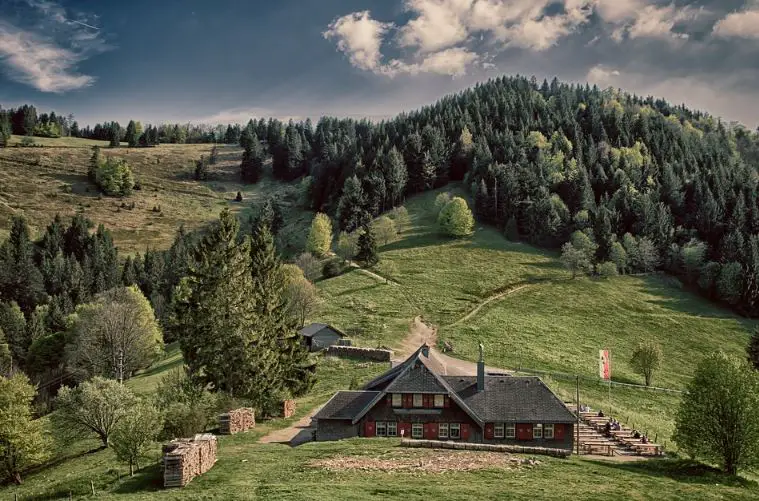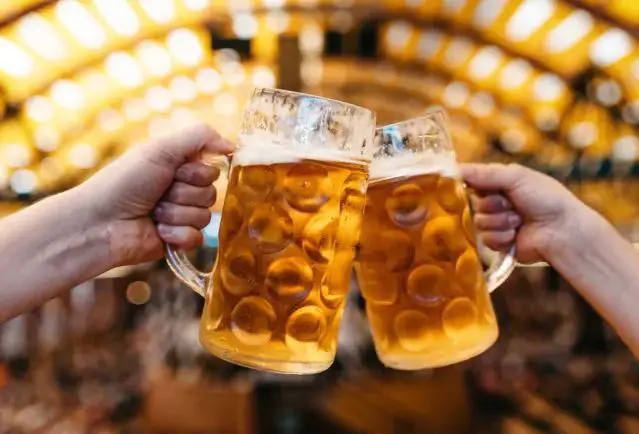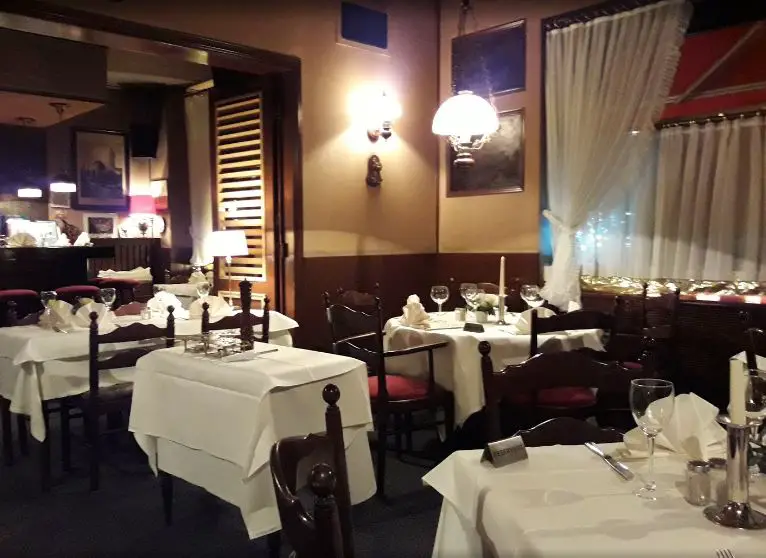Can you explain the concept of "beer gardens" in Germany?
Post ByAdequate Travel
Summary
Germany is famous for its many beer gardens, which offer a unique outdoor drinking experience for both tourists and locals. Learn more about this popular German tradition and how the concept of beer gardens came to be.
Sure! Beer gardens (Biergärten) are an integral part of German culture and traditional drinking establishments in Germany. They are outdoor areas, usually located in parks or adjacent to traditional beer halls (Bierhäuser), where people can enjoy beer, food, and socializing in a relaxed and convivial atmosphere. Here's a breakdown of the concept of beer gardens in Germany:1. Origins and History: Beer gardens have a rich history dating back to the 19th century in Bavaria, Germany. Initially, breweries used to store their beer in large cellars dug into the riverbanks, which required cool temperatures. To help utilize this space, breweries began allowing customers to drink the beer on-site.2. The Setting: Beer gardens are typically set in shaded, leafy areas, often nestled beneath chestnut or oak trees. Long communal wooden tables and benches are arranged where people can sit together or share a table with strangers, fostering a sense of community and camaraderie.3. Self-Service Tradition: One unique characteristic of beer gardens is the self-service system. Rather than being served by waitstaff, patrons go to the beer counter (Biertheke) or beer kiosk (Bierkeller) to order their drinks. They carry their hefty beer steins (Maßkrug) and place them on a wooden tray (Bierdeckel) which serves as a tally for the number of beers consumed. At the end of their visit, patrons settle the bill based on the number of beer coasters they stacked.4. Beer Selection: Beer gardens predominantly serve locally brewed, unfiltered lagers such as Helles, Märzen, Pils, or Weissbier. The beer is typically served in large one-liter mugs (Maßkrug) or half-liter glasses (Halbe). Some beer gardens may also offer regional specialties, seasonal brews, or even draft wines.5. Food: Beer gardens are known for their hearty and traditional Bavarian cuisine. The food options range from grilled sausages (Bratwurst or Weisswurst), roasted pork knuckles (Schweinshaxe), pretzels (Brezen), and sauerkraut to regional delicacies like Obatzda (a creamy cheese spread). Many beer gardens allow visitors to bring their own food, further enhancing the social and communal experience.Examples of Famous Beer Gardens in Germany:- The Augustiner Keller in Munich: This historic beer garden dates back to 1812 and is one of the oldest and largest beer gardens in Munich. It can accommodate up to 5,000 guests and has a charming and traditional atmosphere.- The Hofbräuhaus in Munich: Although known primarily as a beer hall, the Hofbräuhaus also features a spacious beer garden with chestnut trees. It provides an authentic Bavarian beer garden experience right in the heart of Munich.- Brauhaus am Kreuzberg in Berlin: This beer garden is located atop the Kreuzberg hill, offering stunning views of Berlin. It has a laid-back atmosphere and is a popular spot for locals and tourists to enjoy craft beers and German cuisine.Overall, beer gardens in Germany represent a unique combination of sociability, relaxation, traditional brews, and enticing food. The emphasis on self-service and communal seating creates an inclusive and welcoming environment for people of all ages and backgrounds.While planning your trip, take note of any travel restrictions that may impact your itinerary, such as limited access to certain regions or attractions.
Suggested Questions
- Burgruine Hohenneuffen, Neuffen: Horror Story, History & Paranomial Activities
- Zitadelle Spandau, Berlin: Horror Story, History & Paranomial Activities
- Hohenzollern Castle, Hechingen: Horror Story, History & Paranomial Activities
- Hotel zum Ritter St. Georg, Heidelberg: Horror Story, History & Paranomial Activities
- Schloss Löwenstein, Kleinheubach: Horror Story, History & Paranomial Activities
- Hamburger Dom, Hamburg: Horror Story, History & Paranomial Activities











